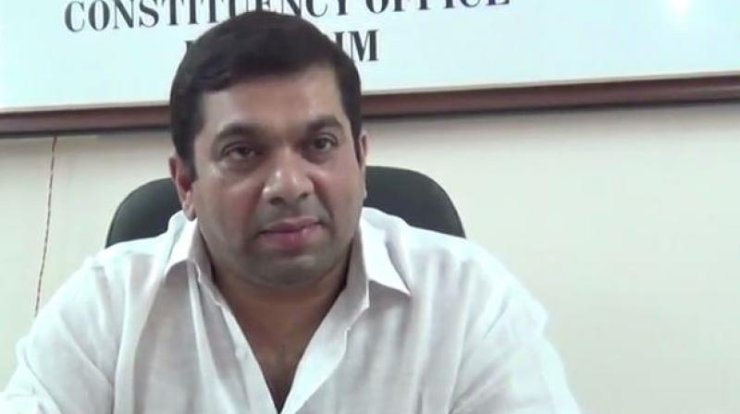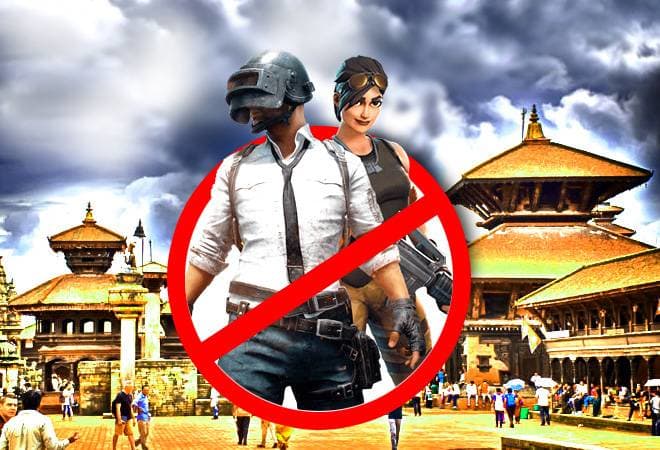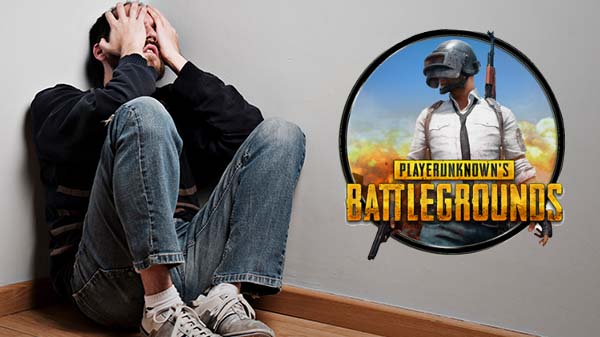Ever since the Jammu and Kashmir Students Association claimed that the popular battle royale game PUBG Mobile should be banned across the entirety of India earlier this year, this has become a highly controversial topic on the country’s media.
On one hand, many parents and government officials think that the ban is necessary, as they believe that the game is promoting negative behaviors and causing youths to neglect their studies. Goa’s IT minister Rohan Khaunte even went so far as to call it a “demon in every household”, and an 11-year-old boy from Mumbai filed a PIL to the Bombay High Court to demand for PUBG Mobile to be banned. All of this has led to the game being banned for a short while in a few cities in the Gujarat states, but this ban has now been lifted.

On the other hand, gamers are understandably not happy about being barred from their favorite form of entertainment. Many cited studies showing that there is no connection between video games and violent behaviors as arguments to support PUBG Mobile, and the Internet Freedom Foundation recently filed a PIL against the ban as they believed it violated several articles of the constitution.
India is not the only country where PUBG Mobile is being faced with problems, however. Parents in the UAE are also calling for the game to be banned for similar reasons as in India, and the government of Nepal has already taken steps to forbid its citizens from playing this battle royale. Now, the Iraq government is considering the same.

On April 13, the Cultural Parliamentary Committee of Iraq submitted a report requesting a ban on several online multiplayer video games, PlayerUnknown's Battleground and Fortnite Battle Royale included. According to government officials, these games are encouraging violence and corrupting the minds of youngsters in the country.

“The committee is concerned about the obsession over these electronic games that ignite violence among children and youth," said Sameaa Gullab, head of the committee in a press conference. "Its influence has spread rapidly among Iraq’s society.”










Comments